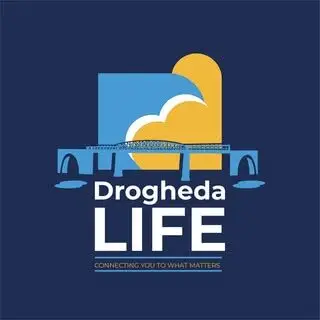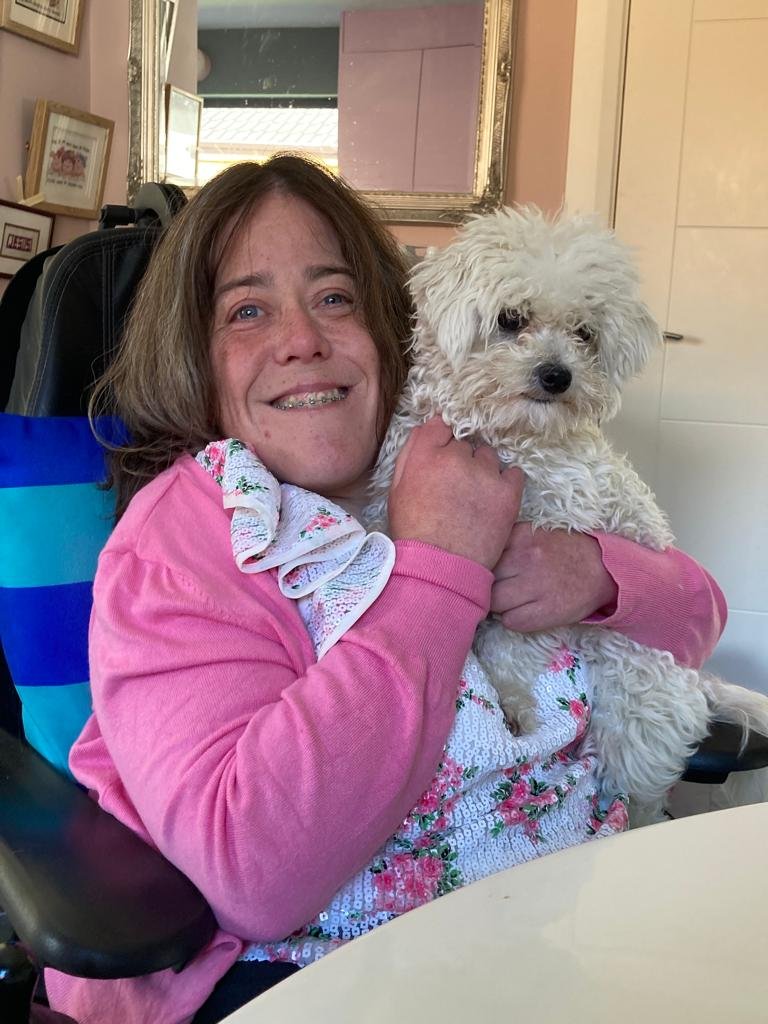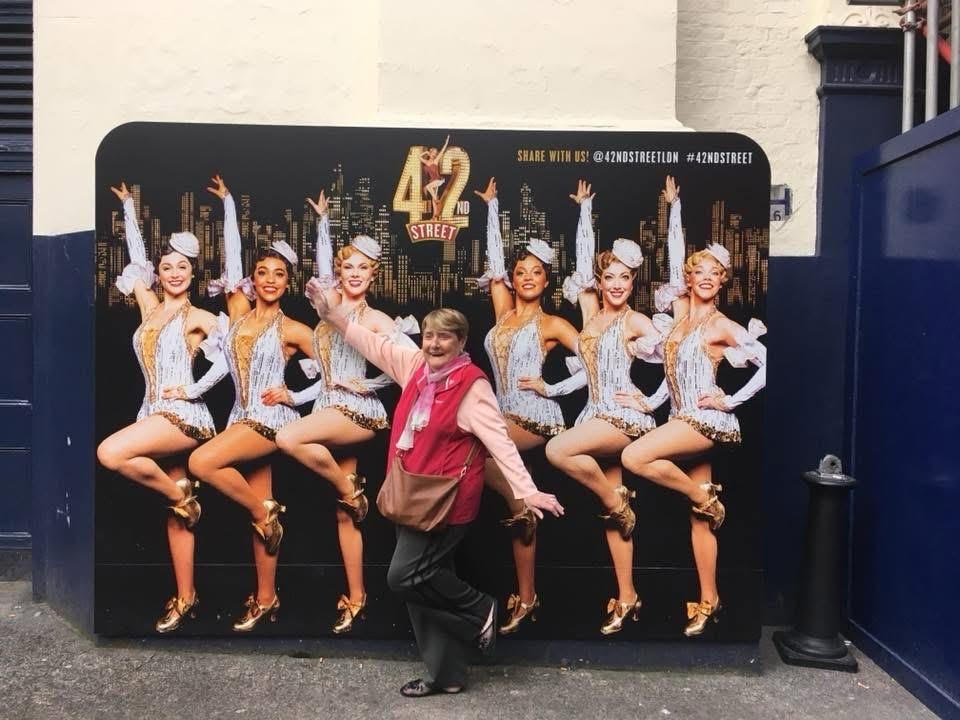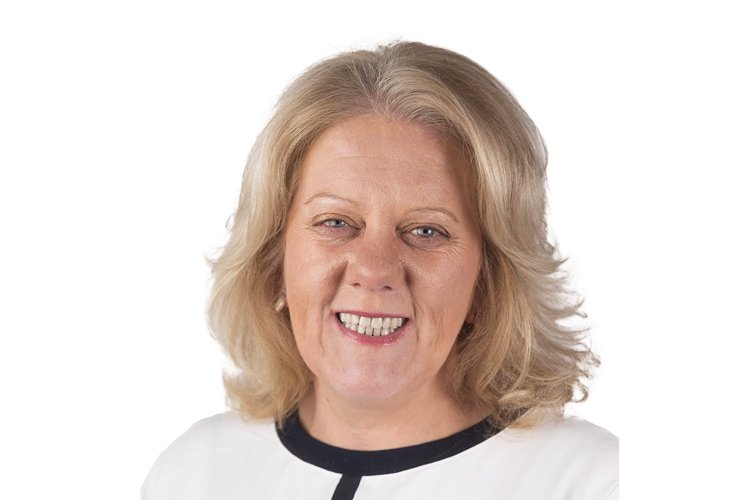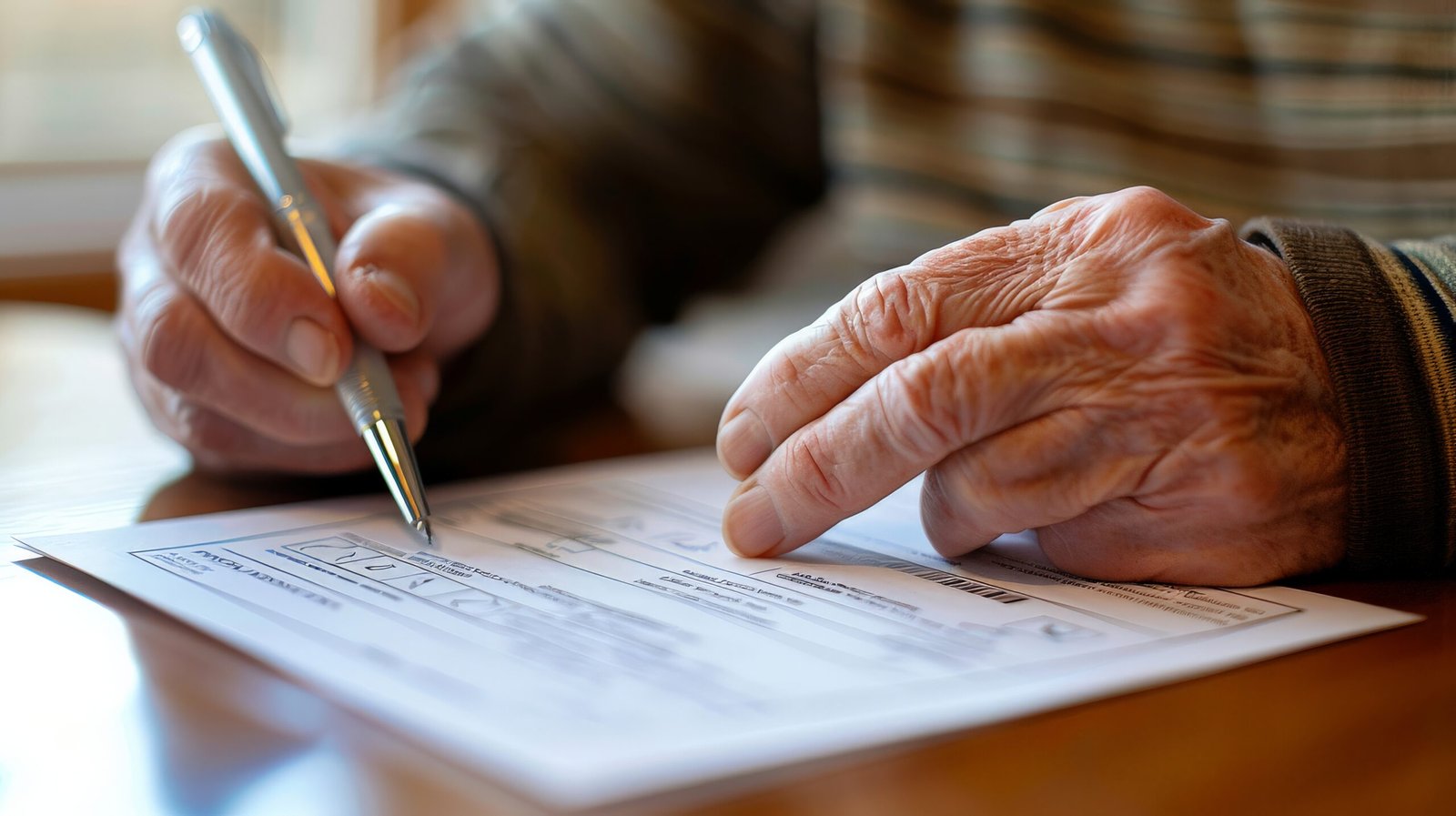39-year-old Ellen Garvey from Drogheda, Co. Louth, has launched a campaign calling for therapy support dogs to be allowed to accompany their owners on public transport throughout Ireland.
Ellen, who has Spina Bifida, Hydrocephalus, and Epilepsy, says her dog Treasa is much more than a pet — describing her as her “lifeline” and source of confidence and reassurance.
Despite this, Ellen says she has been turned away from buses and trains in Drogheda and across County Louth because she had Treasa with her. She says the experience has left her feeling excluded and isolated, unable to attend medical appointments, meet friends, or take part in day-to-day activities.
Ellen’s story highlights a wider issue of accessibility and inclusion for people with disabilities — an issue also being addressed by Cothrom, a newly launched national advocacy group for people with disabilities. The group argues that poverty in this sector is not just about money, but also about exclusion in all its forms.
Ellen describes how Treasa’s presence has had a profound impact on her wellbeing. On one occasion, Treasa’s behaviour alerted others to how unwell Ellen was, prompting her to seek urgent medical attention — a decision that doctors later said likely saved her life.
She says dogs like Treasa provide emotional and even physical support to their owners and that many people with disabilities rely on them for daily reassurance and companionship.
Ellen is now campaigning for legislation that would allow therapy support dogs to travel on all forms of public transport, saying it would give people like her the freedom to live more independent and connected lives.
